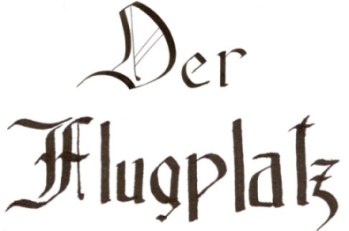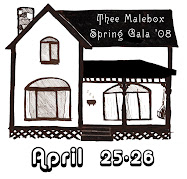A friend and I were talking about classes to take in order to meet the University required 128 credits. Knowing that he'd enjoyed reading through my Narnia books and a few others, I suggested that he take some literature class his last semester. He responded oddly, I thought, by saying that he can't really see studying literature as being practical. I thought that strange, I said, since you enjoy reading when you have the time, why wouldn't you want to take a class geared towards better understanding texts? "I don't know, I guess when I want to read a book I want to read a theology book."
In one of my literature classes last week, Rick was telling us how things like poetry, art, and literature are the disciplines that reveal God's mark on us, because we're "creating", using our imaginations. He downplayed the sciences as just guys "recording stuff."
My friend is majoring in the sciences at UI, and "practical" is a great way to describe him. I started thinking more about his reason for staying away from literature study in favor of a book on eschatology. It actually fits pretty well, that someone very practically minded who studies "facts" in a textbook and the actual world, would gravitate more towards that style of book. My own opinion is that theology books are great and have a lot to say and a lot to learn from, but my preference is to become aware of culture, the world, the people in it, Scripture, and it's impact on the previous, and form my own theology. I don't want this to sound like a slam, but it seems that the more "practically minded" scientific is more used to having the facts laid out in front of them and just worrying about memorizing that light travels at 186,000 mps. Or they like having a strict formula to plug variables into to arrive at the practical conclusion. For the most part, I'd rather not be told what to think about God, but see what His creation, all of it, not just theologians, tells me about Him.
Subscribe to:
Post Comments (Atom)


No comments:
Post a Comment